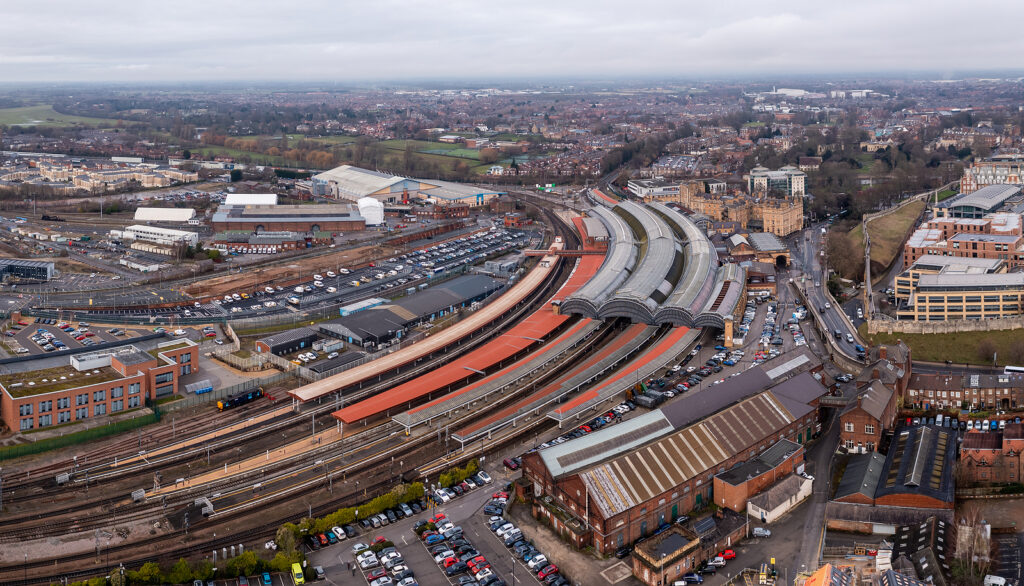The best station in the UK for disability access has been revealed to be York railway station, according to a recent survey.
Transreport, which provides an app to help those with disabilities to plan their journey according to where has the best access, published results of its latest study, which looked at data about requests for assistance and information from disability organisations.
It found York provided better disability access than any other railway station in the UK, York Press reported.
Customer experience and people director at LNER, which runs the station, told the newspaper: “It is important to us that all our customers enjoy the best possible experience when travelling with LNER.”
She added: “We continue to innovate and work hard to make our stations and trains accessible, safe and comfortable for everyone and we are proud to receive this recognition.”
York disability campaigner Flick Williams, who uses a wheelchair, said the railway station has good signage and wayfinding, touchable maps for those who are visually impaired, a ‘changing places’ toilet, and no ticket barriers.
“The fact it is barrier-free is hugely beneficial for people in wheelchairs, because they don’t have to grapple with the barriers,” Flick stated, noting that often the wheelchair-accessible barrier will not open, and passengers need to find an attendant to assist them.
The station also currently has blue badge parking in the short-stay car park. However, this is going to be replaced, while the taxi drop off will be situated further away.
She also said it is a “shame” that York itself is not particularly accessible for disabled people, especially due to the ban on blue badge parking, which has made many feel unable to go into the centre.
The second-best station was found to be Reading, following by Birmingham New Street in third place, Leicester in fourth, and Newcastle in fifth. The remaining top ten included Manchester Piccadilly, Nottingham, Leeds, and Brighton.
It did not list any London stations as being good for disability access, with the capital having a reputation for poor accessibility.
The Guardian recently published data by the Association of British Commuters (ABS), a voluntary campaign group, which revealed nearly 300 stations (more than one in ten) railway stations in the UK do not allow disabled people to “turn up and go” on at least some of their services.
This is due to “drive-only operation” trains and stations that are unstaffed some of the time, meaning disabled people do not have any assistance if they require it. These stations are predominantly in London and the south-east of England.
ABC’s Emily Yates, lead researcher, said: “When there is no staff presence, the option of spontaneous access on an equal basis with others is just literally not there, it cannot happen.”
“The mobile staffing that they offer as a replacement has no maximum wait time,” she stated, adding that disabled people are warned they could wait a long time for help if they just turned up at the station.
It is important disabled people have the same freedoms as everyone else, which is why installing accessible bath solutions is important, as it helps them to live independently and have their own autonomy.

